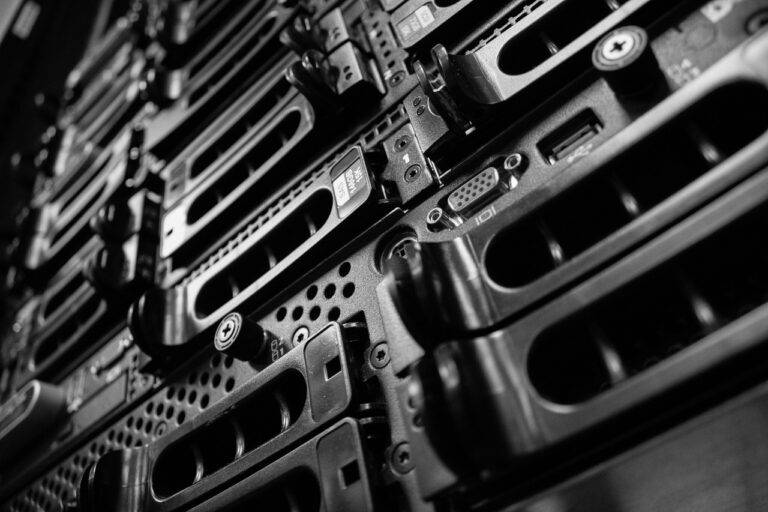The Impact of Tech on Food Safety and Quality
Food manufacturing processes have undergone significant advancements in recent years, thanks to cutting-edge technologies that have revolutionized the industry. From automated production lines to state-of-the-art packaging machinery, the way food is manufactured has been transformed to meet the growing demands of consumers.
One notable advancement is the integration of robotics in food processing facilities, streamlining production processes and ensuring efficiency and precision. These robots are equipped with sensors and cameras that enable them to handle food products delicately and with accuracy, minimizing errors and enhancing overall quality control. Additionally, the use of artificial intelligence and machine learning algorithms has enabled manufacturers to optimize their processes, reduce waste, and ultimately deliver safe and high-quality food products to the market.
Enhanced Food Traceability Systems
Food traceability systems have seen significant advancements in recent years, allowing for more precise monitoring of the entire supply chain from farm to table. By leveraging technologies such as blockchain and RFID tags, companies are now able to track the journey of a product with unprecedented accuracy. This not only enhances transparency for consumers but also enables faster and more targeted recall processes in case of contamination or other safety issues.
These enhanced food traceability systems are revolutionizing the way the food industry operates, shifting towards a more proactive approach to ensuring food safety and quality. With the ability to pinpoint the exact source of a product within minutes, companies can swiftly address any potential risks and mitigate them before they escalate. The real-time data provided by these systems also allows for better decision-making, helping manufacturers and retailers optimize their operations for improved efficiency and customer satisfaction.
Implementation of IoT in Food Safety Monitoring
The Internet of Things (IoT) is revolutionizing food safety monitoring in the food manufacturing industry. Through the integration of sensors and smart devices, real-time data collection and analysis of food production processes are now possible. This allows for proactive identification of potential hazards and quick response to any safety issues that may arise in the food manufacturing chain.
By utilizing IoT in food safety monitoring, food manufacturers can enhance their quality control measures and ensure compliance with strict safety regulations. The ability to monitor critical control points in the production process in real-time helps in preventing contaminated products from reaching consumers. Additionally, IoT enables traceability throughout the entire supply chain, providing transparency and accountability in the event of a safety recall.
• IoT allows for real-time data collection and analysis of food production processes
• Proactive identification of potential hazards is possible with IoT in food safety monitoring
• Quick response to safety issues in the food manufacturing chain is facilitated by IoT
• Enhanced quality control measures can be implemented through the use of IoT
• Compliance with strict safety regulations is ensured by utilizing IoT in food safety monitoring
What are some of the technological advances in food manufacturing processes?
Some technological advances in food manufacturing processes include automation, robotics, and the use of sensors to monitor and control various aspects of the production process.
How can enhanced food traceability systems benefit the food industry?
Enhanced food traceability systems can benefit the food industry by improving transparency, enabling faster and more accurate recalls, and helping to prevent foodborne illnesses.
How does the implementation of IoT in food safety monitoring help ensure the safety of food products?
The implementation of IoT in food safety monitoring allows for real-time monitoring of various parameters such as temperature, humidity, and quality, helping to ensure the safety and quality of food products throughout the supply chain.
What are some challenges that may arise when implementing IoT in food safety monitoring?
Some challenges that may arise when implementing IoT in food safety monitoring include data security concerns, the need for proper training and education, and the upfront costs associated with implementing IoT technology.





